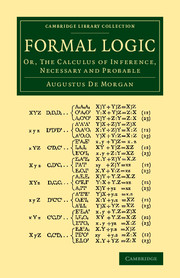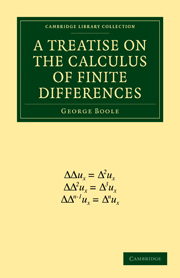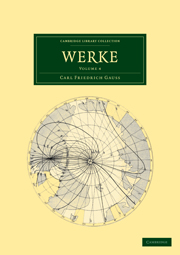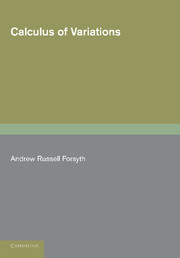Formal Logic
From the end of antiquity to the middle of the nineteenth century it was generally believed that Aristotle had said all that there was to say concerning the rules of logic and inference. One of the ablest British mathematicians of his age, Augustus De Morgan (1806–71) played an important role in overturning that assumption with the publication of this book in 1847. He attempts to do several things with what we now see as varying degrees of success. The first is to treat logic as a branch of mathematics, more specifically as algebra. Here his contributions include his laws of complementation and the notion of a universe set. De Morgan also tries to tie together formal and probabilistic inference. Although he is never less than acute, the major advances in probability and statistics at the beginning of the twentieth century make this part of the book rather less prophetic.
Product details
August 2014Paperback
9781108070782
358 pages
216 × 140 × 20 mm
0.46kg
Available
Table of Contents
- Preface
- 1. First notions
- 2. On objects, ideas, and names
- 3. On the abstract form of the proposition
- 4. On propositions
- 5. On the syllogism
- 6. On the syllogism (cont.)
- 7. On the Aristotelian syllogism
- 8. On the numerically definite syllogism
- 9. On probability
- 10. On probable inference
- 11. On induction
- 12. On old logical terms
- 13. On fallacies
- 14. On the verbal description of the syllogism
- Appendices.





